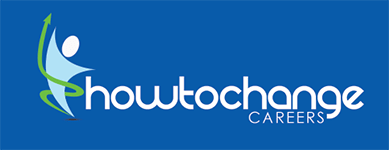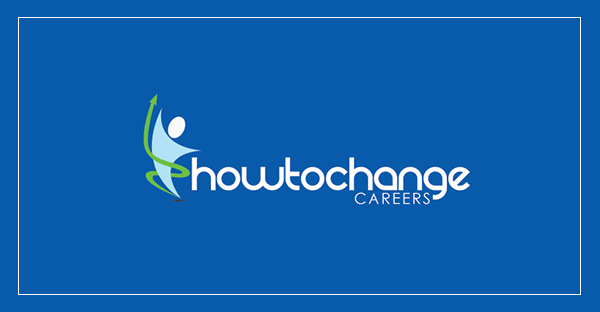Make sure you are well prepared! Here are the top 10 interview questions that I have come across...
Effective Interview Skills
Top tips and strategies
Are you looking for ways to develop effective interview skills? Do you want some help to make sure that the final stage of your career change plan is successful?
Read on and find out more about
- preparing for interviews
- top ten typical interview question
- the 3Ps approach to interviews
- strategies for answering interview questions
- dealing with difficult interview questions for career changers
- questions for you to ask at interview
- interview thank you letter
- career change interviews
 Whether you are changing career or just going for a different job or a promotion, you are likely to have to face an interview at some stage of the process.
Whether you are changing career or just going for a different job or a promotion, you are likely to have to face an interview at some stage of the process.
For most people, this is when panic sets in. Do your nerves start jangling just at the thought of having to face an interview panel and of having to 'sell yourself' under this kind of pressure?
Well, join the club. You and the majority of other job applicants! I have yet to meet a client who smiles sweetly and tells me they think that interviews are a breeze. We all struggle with nerves and the secret is to develop effective interview skills and tactics that will help you manage these nerves as well as possible.
In many ways, the secret of a successful job interview can be summed up in one word.
Preparation!
First of all, let’s define what an interview really is. What is your point of view?
- It is a form of medaeval torture designed to reduce candidates to a quivering wreck.
- It is a two-way conversation designed to help all parties to get to know one another better and to make an assessment of each other.
The reality is that interviews are not meant to be an ordeal – though it is easy to see and experience them that way. They are intended to be an exchange of information to help both parties make an informed assessment of each other.One of the most important preparation steps you must take as you develop effective interview skills is to stop and take stock of what the interview is for.
The purpose of the interview
There are two players in the interview ‘game’ and they have different but complementary agendas.
Agenda for the interviewer
- To build up a clearer picture of you and what skills and experience you have to offer
- To add to the information they already have from your application
- To ask for specific examples that clearly demonstrate that you have the skills you say you have
- To assess whether you match their particular needs for this job
- To compare you with other candidates for the post
- To get a sense of the enthusiasm and commitment you have for the job
Agenda for the interviewee
- To show that you have the skills & knowledge that you know will be relevant to the job
- To demonstrate that you have these by giving examples of things you have done in the past
- To make it clear that there is a good match between you and the person specification
- To give them a positive impression of the kind of person you are
- To show them how interested and enthusiastic you are about the vacancy
- To assess them and the company to be sure that this will be a comfortable fit for you.
If you keep these two perspectives clearly in your mind, your approach to the interview will be more positive.
And if you need more pointers to encourage you to work on your effective interview skills, let me remind you of two more important facts here:
You are already a success!
You have passed the big hurdle of the paper application and made it to the shortlist. They already like you. Employers do not waste precious time interviewing candidates unless they already believe that you are a serious contender.
You can learn to interview well.
However much you may have struggled with difficult interview questions in the past, remember that effective interview skills can be learned. With preparation and practice you will improve.
More help with interviews
Thank You Letters After Interview
The Final Winning Touch! OK, so you have got through the interview (phew!). But before you sit back...
How To Answer Interview Questions
Tips and techniques for interview success The issue of how to answer interview questions is one...
Answering Interview Questions
Interview Tips for Career Changers When you are changing career direction, answering interview...
Preparing For An Interview
Use the 3Ps Approach For Interview Success Are you preparing for an interview? Are you wondering...
Preparing for a Job Interview
Tips and advice to ensure that you make a good impression Preparing for a job interview is...





